Whether you’re responsible for your company’s channel sales program or leading an inside sales team, you’re probably thinking about how to close the year strong and planning for next year. Motivating sales incentives are important to the fiscal health of your company and essential to keeping the team on track with selling your products and services. There are a few things you need to know to be sure that you’re getting the best results and the greatest motivation for your efforts.
Learn from Top Performing Companies
Recent research by the Incentive Research Foundation provides a great look at what successful companies are doing. Here are four big differences in how top performing companies handle sales incentives:
- 90% use non-cash recognition and rewards
- They prioritize reach over exclusivity to motivate a broad audience
- They budget a higher percent of income
- They include programs in broader corporate communications
Consider a program designed to reward your entire team, in proportion to the effort and results. There’s no better way to engage the middle 60% who may not be sure that they’ll reach your biggest goals.

Engage the Brain
The Harvard Four-Drive Model sheds light on what really motivates people, in all aspects of their lives. The first two drives are especially helpful to consider when designing a sales incentive program:
- Drive to Acquire, including acquisition of skills or recognition of achievement
- Drive to Bond with organization and be part of the team
- Drive to Comprehend or Innovate and develop best practices
- Drive to Defend can be mitigated with appreciation and transparency
People need the satisfaction of achievement and want to be known as important members of the group or team. Sales incentives respond directly to these drives.
Connect with Individual Aspirations
To really reach your whole audience, you have to think about them as individuals. Joint recent research by the Incentive Research Foundation and the Incentive Marketing Association shows just how different a team can be:
- Out of 492 survey respondents, 99% had unique recognition and reward preferences
- Experience must be personally relevant
If you want to connect everyone to your goals, you have to appeal to their individual aspirations. That’s why points programs are effective. They increase motivation through the power of choice.
Whether you are getting ready to run a Q4 sprint or you are developing a long-game strategy for next year, take the time for strategic design, engage motivation drivers, and consider the experience for the individual. You will be setting a course for the right results.



